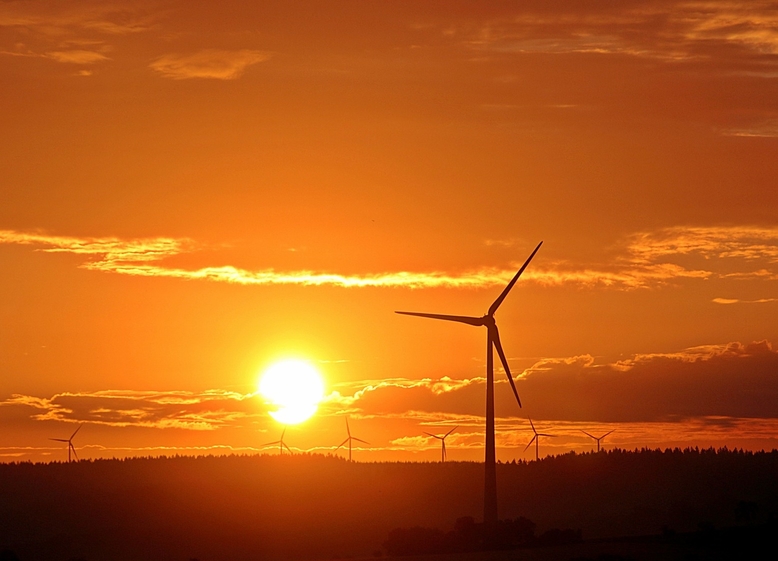Lawmakers in Europe have called for a renewable energy target of 35% for 2030 – rather than the 27% which the European Commission proposed in 2016. The MEPs have now backed measures substantially raising the European Union’s clean energy ambitions. By 2030, more than one-third of the energy consumed in the EU should be from renewable sources such as wind and solar power. The measures are intended to help cut carbon dioxide emissions. The EU is the world’s third-largest emitter of greenhouse gases after China and the United States, releasing about 10% of global emissions.
Giles Dickson, WindEurope CEO, said: “Good on the Parliament. 35% makes sense economically. Consumers benefit – wind is now the cheapest form of new power generation in Europe. And wind is a key part of European manufacturing and exports – it supports 263,000 jobs in Europe industry and contributes €36bn to EU GDP. A 27% target puts all that at risk. And 27% carries a major opportunity cost. The difference between 27% and 35% in wind is €92bn investments not made and 136,000 jobs not created. And other sectors would miss out too with a lower target: every €1,000 invested in wind creates €250 value for the wider supply chain including chemicals, steel and construction. The Commission is starting to get it: they think going beyond 27% is cost-effective. Denmark and Portugal are also calling for a higher target: others in the Council now need to reconsider.”
The Parliament also voted for the Member States to submit their national energy and climate action plans by 1 June 2019 and that these should show how they intend to contribute to the collective European target. The Parliament also voted for Member States to give five years’ visibility up front on their public support for renewables.
Dickson added: “Knowing in advance the volumes and timing of national renewable auctions is crucial to guide investments in the supply chain. Visibility means industry can plan, it means equipment is available when people want it, it means economies of scale – it means renewables are (even more) affordable.”
